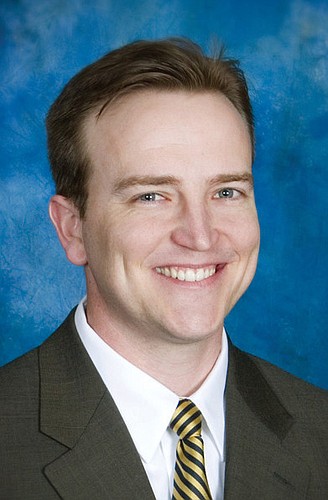- May 15, 2025
-
-
Loading

Loading

Like it or not, the social-media revolution is here to stay. Many argue that social media will ultimately become as important to our daily lives as the discovery of fire (790,000 years ago) or the creation of the wheel (in 3,500 B.C.). Although these claims may be slightly exaggerated, the number of users on social-media networks, as of the summer 2012, is staggering: Facebook (750 million users), Twitter (250 million users), LinkedIn (110 million users) and Google+ (65 million users). When you consider that the world population in 2012 just surpassed 7 billion people this means that approximately 10% of the citizens of the world have a Facebook account.
Many community associations have fully embraced social media and operate accounts on many different social-networking sites. Other community associations remain resistant to creating a social-medial site, given the potential pitfalls. When used properly, social media has the potential to create a closer-knit, better-informed community. Still, an association must exercise care to ensure that its social-media site is not abused and does not become a source of potential liability.
The benefits of maintaining a social-media site for your community association are many, including the following:
Keeping members informed of upcoming association events by posting notices of meetings, social events, etc.; posting photographs of these events; keeping members informed of important news, including weather alerts, security updates, etc.; keeping members informed of upcoming local community events.
The above examples are only a few of the many beneficial uses that social media can provide to a community association.
For a community to get the most out of its social-media site, it is critically important to understand how the site operates, including how the security features work. Below is a list of helpful tips and suggestions for community associations that operate social media sites for their respective communities:
Decide which association representative(s) will be responsible for operating and maintaining the site and protecting/changing the password; set expectations as to how often content on the site will be updated (daily, weekly, monthly); determine from the outset whether owners/fans/friends/followers will be allowed to post comments on the site to promote interaction and discussion; if comments will be allowed, determine if these comments will be pre-screened and (if so) who will be in charge of the screening process and what the standard of review will be; determine how negative, and possibly defamatory, comments posted on the site will be handled; determine whether the site will be “closed” with only owners and residents being allowed access; determine if the site is intended to complement the association’s existing newsletter and/or website, or if the site intended as a complete replacement.
As with any form of media, associations must be cautious when establishing and operating a social-media site and be wary of the many potential pitfalls. For example, if comments are allowed on the site, the association needs to determine how it will handle a post or comment of a negative or defamatory nature. If such a post is allowed to remain on an association sanctioned social-media site, the association could find itself subject to a claim for libel. To address these concerns, many community associations that operate social-media sites have created specific written policies and procedures for their social-media sites. Given the potential for liability, associations are encouraged to discuss social-media policies and procedures with an attorney and insurance representatives, to ensure compliance with the law and to ensure they are fully protected in the event of a claim.
David G. Muller focuses his law practice on the representation of community associations.